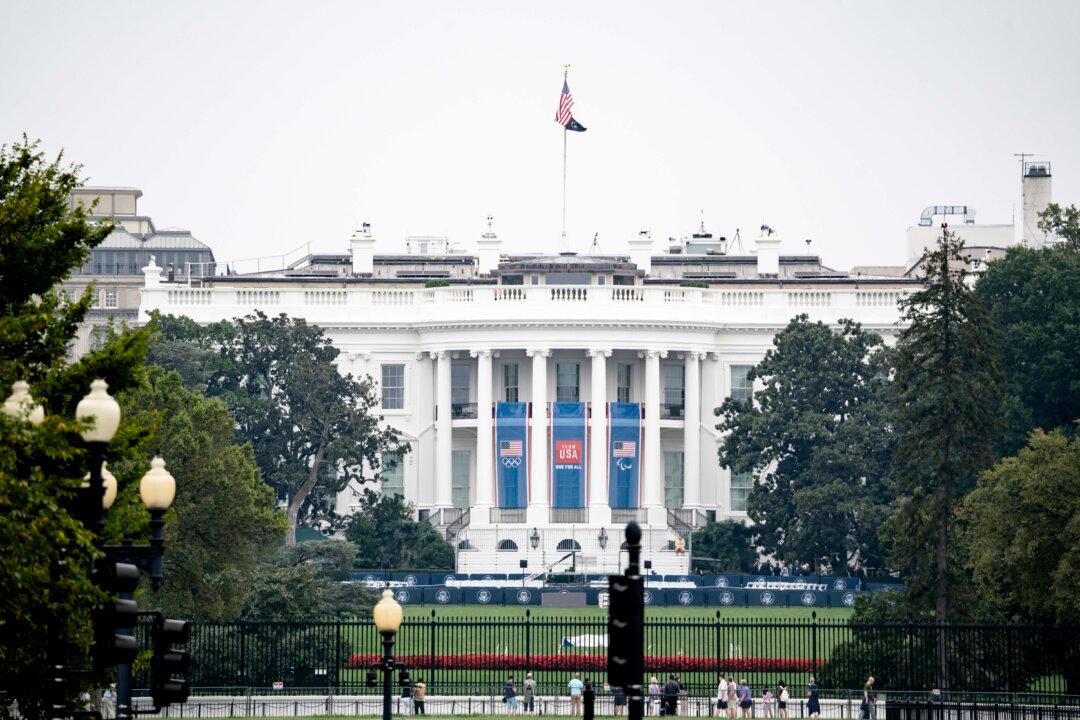White House national security adviser Jake Sullivan and Anne Neuberger, deputy national security adviser for cyber and emerging technology, hosted telecommunications executives for a meeting on Nov. 22 to share intelligence after several networks were reportedly hacked.
The Wall Street Journal was the first to confirm that major telecommunications companies including AT&T and Verizon were the target of a large-scale cyberattack that was part of the “Salt Typhoon” campaign, which is backed by the Chinese Communist Party (CCP). Hackers reportedly had access to the network for months or longer.





